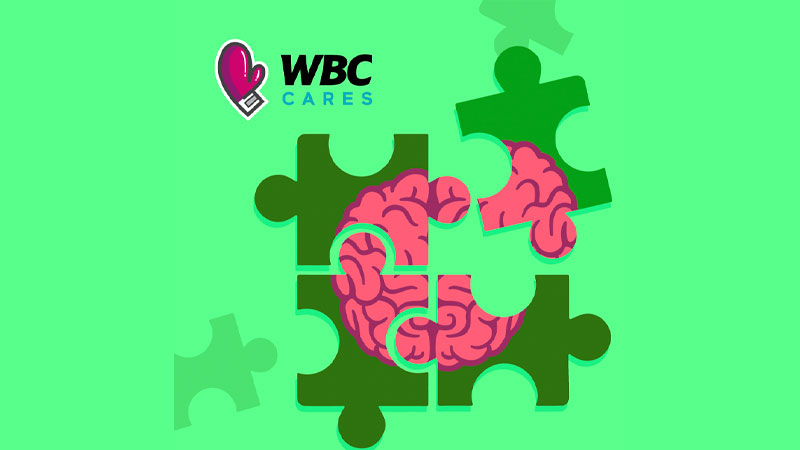
May Mental Health Month: Knockout Ostracism
By Cormac O DonellOstracism – a form of social exclusion where individuals are intentionally left out of social gatherings, given the silent treatment, or subjected to gossip and bullying – can have devastating effects on victims. This deliberate exclusion leads to significant emotional and psychological distress.
According to the leading expert in the field, Professor Kipling D. Williams “being excluded or ostracized is an invisible form of bullying that doesn’t leave bruises and therefore we often underestimate its impact.”
Those who engage in ostracism do so for a variety of complex reasons. Some may seek to elevate their own social status by belittling others, while others might act out of jealousy or insecurity. It may even be a form of punishment for a perceived slight. Indeed, an unintentional lack of awareness or unwitting regard for others can also drive these behaviours.
Yet, lest there be any confusion: where ostracism is deliberate; it is solely meant to hurt others.
Professor Kipling D. Williams outlines the three stages of ostracism. In the initial pain stage, victims experience acute emotional discomfort, marked by feelings of rejection and worthlessness – which manifests itself into physical pain. Imagine a friend has organised a social gathering, not invited you and you find out after the fact. Being made to feel like you don’t exist is painful and confusing.
As ostracism continues, the victim enters the coping stage, where they attempt to understand and respond to the exclusion. They may seek to agree and comply with their aggressor in order to be more acceptable to the group.
If these efforts fail, they reach the resignation stage, where they give up trying to change their behaviours to suit others. This phase is characterized by feelings of hopelessness, depression, and decreased self-worth.
Addressing perpetrators of ostracism can prove quite tricky. Should a victim report such behaviors to manager at work for example, the abuser could feign ignorance by maintaining they are there to be professional, not social.
Being ostracized is extremely damaging and can have long-lasting effects on its’ victims. Ultimately, one should always keep faith and trust in themselves. Those who practice such abuse upon others are not friends. Those who take out their own feelings of envy and inadequacy on others – are not people that are going to help others blossom and grow in life; they simply do not have your best interests at heart.
This realization may take a whilst to process. If you find yourself to be the victim of ostracism – find enjoyment in doing the things you love. Hobbies, interests and empathic friends are the lifelines that will help those who are suffering.
Hopefully, victims of ostracism will eventually realize they are not the ones who have been excluded; rather, they are choosing to include themselves in a journey of self-discovery and fulfilment.
Overcoming ostracism is not easy, but with time and the right support, it is possible to rebuild self-worth and find meaningful connections that truly value and respect one’s individuality.
![]()
Related posts
test


